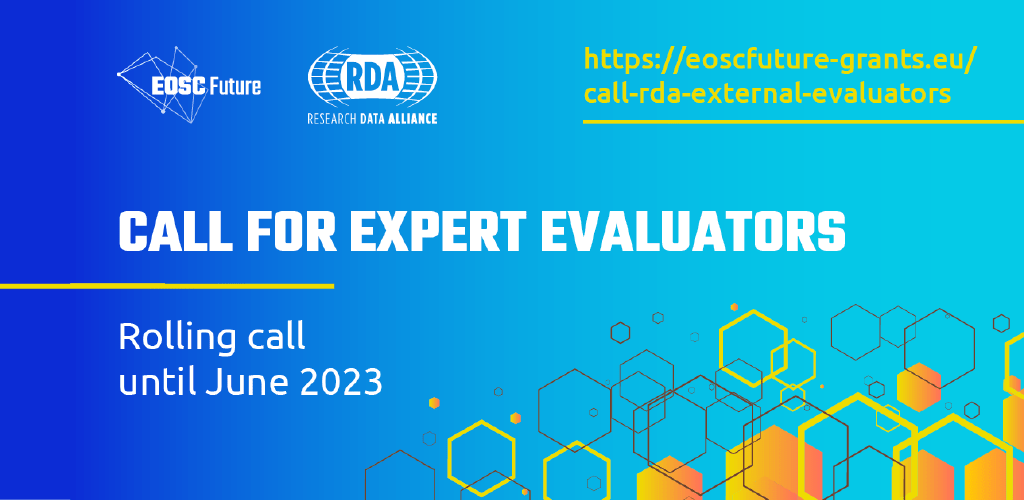
LifeWatch ERIC is proud to be a partner in the EOSC Future project, which, over the next two and a half years, will develop an environment with professional data services, open research products and infrastructure. It looks to create a so-called ‘system of systems’ that will support European researchers in managing the entire data lifecycle: from sharing, managing and exploiting their own data to discovering, re-using and recombining the datasets of others. The project will engage, train and support (potential) EOSC users and will encourage providers to sign up by offering easy onboarding, ticket management and analytics.
Since its official kick-off meeting on 10 June, the project has launched a call for external evaluators, seeking experts to evaluate a series of diverse grants to be awarded by the Research Data Alliance (RDA). Though the call will remain open for submissions until June 2023, experts will be called on to evaluate grant applications as soon as October 2021.
To enable the co-creation of EOSC, via early adoption, technical and domain solution development and interoperability, RDA will be running a rich set of regular open calls. The RDA Open Calls mechanism is backed by a €1 000 000 grant earmarked for engaging with multiple stakeholders, including targeted scientific communities, technical experts and early career researchers. The calls will be complemented by a broad range of support activities, such as events, use cases, info packages, best practices, a Scientific Ambassador Network and dedicated RDA groups. These activities will enable a continual innovation workflow and engagement with science projects to support the implementation of an EOSC environment.
In keeping with its principles of transparent and community-driven action, RDA is looking for external expert evaluators to support the decision-making process for awarding the RDA Open Calls grants. These evaluators will operate remotely via the EOSC Future Grants Platform and will be responsible for evaluating applications for RDA Open Calls, both for general and discipline- or domain-specific grants. While the call for external expert evaluators is open for the entire duration of the EOSC Future project, evaluators will be needed as soon as October 2021. Evaluators will be routinely selected from the pool of applicants based on their availability and the expertise required. Aside from a few exceptional cases, drafting an individual evaluation report will be compensated with a €150 fee (equivalent to 0.3 working days).
Experts can submit their applications via the dedicated EOSC Future Grants Platform, which will manage the grants application process for all calls under EOSC Future‘s €1.6 million grant fund. This includes the €1 000 000 in grants under the RDA Open Calls as well as another €600 000 awarded through various DIH Calls.